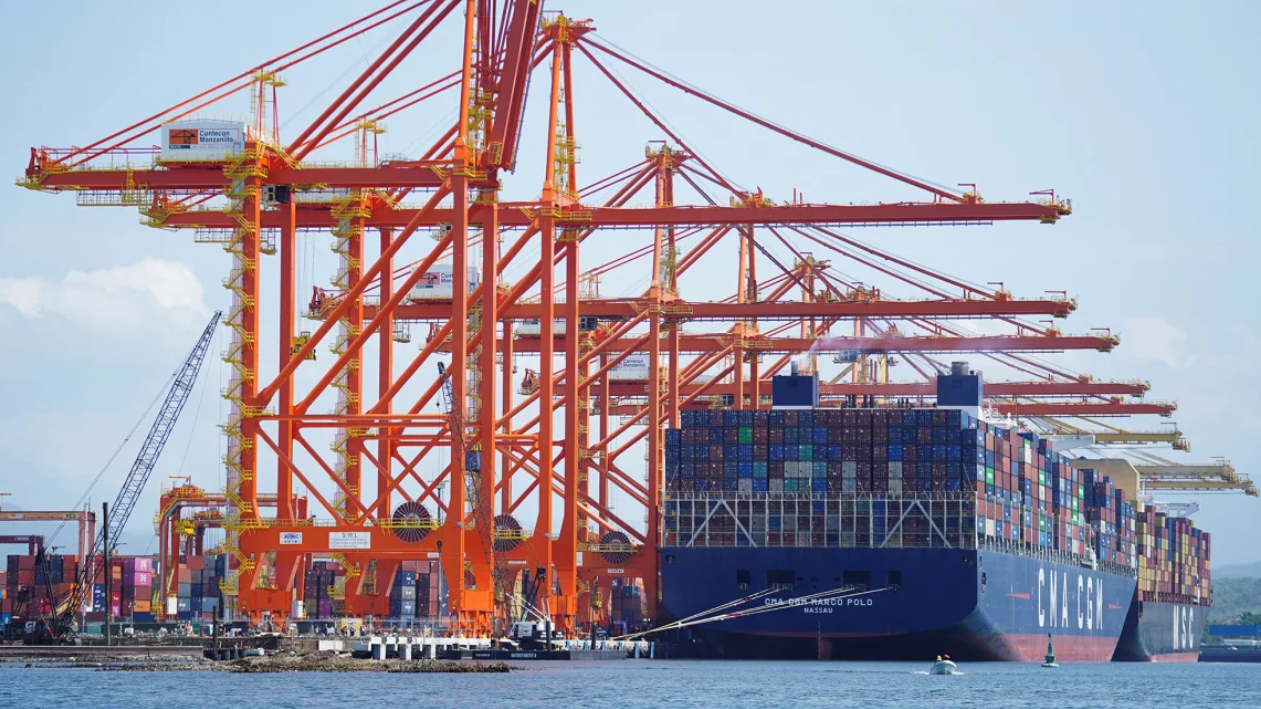Stock markets in Asia and Europe saw declines on Monday following the announcement that Donald Trump had imposed tariffs on Canada, Mexico, and China. This move raised concerns about a potential trade war, dubbed “America First,” which could negatively impact global economic growth.
US stocks were also expected to face a downturn, with stock futures indicating a selloff.
UBS strategists referred to the development as the beginning of “Trade War 2.0” in a note on Monday.
In Asia, Japan’s Nikkei index dropped by 2.7%, and South Korea’s KOSPI fell by 2.5%. Hong Kong’s Hang Seng index remained largely unchanged.
The Shanghai index was closed due to the Lunar New Year holiday, with trading in China’s markets set to resume on Wednesday.
On Sunday evening, Donald Trump threatened to impose additional tariffs on the European Union, accusing the EU of being “really out of line.”
As a result, Europe’s Stoxx Europe 600 index dropped 1.4% on Monday morning. Germany’s DAX and France’s CAC both declined by 1.9%, while London’s FTSE 100 saw a 1.3% decrease.
Economist Mohit Kumar from Jefferies warned that “tariffs and counter-tariffs will be inflationary and lead to weaker growth prospects, both of which are negative for equities.”
The US dollar surged to a record high against the Chinese yuan.
Chris Beauchamp, chief market analyst at IG, noted that “for the moment it looks like the dollar is the only winner.”
Over the weekend, Trump announced a 25% tariff on all imports from Mexico and most goods from Canada, as well as an additional 10% tariff on Chinese imports to the US. These tariffs, which Trump claims are necessary to address migrant flows and fentanyl trafficking, are set to take effect on Tuesday.
In response, Canada and Mexico have announced retaliatory tariffs, while China has stated it will challenge the measures at the World Trade Organization.














